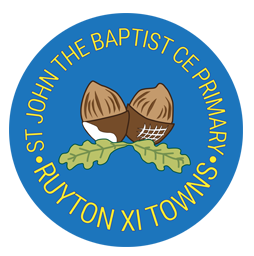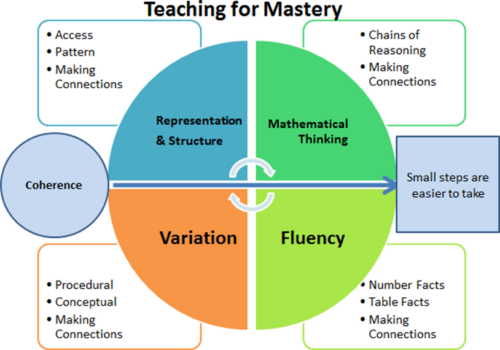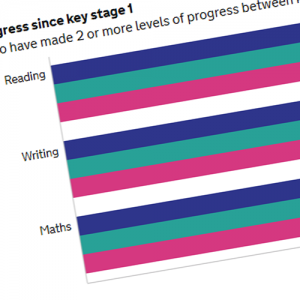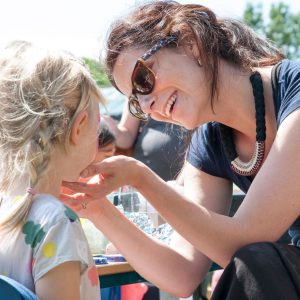
Our aim at Bomere and the XI Towns federation is for all children to enjoy mathematics and have a secure and deep understanding of fundamental mathematical concepts and procedures when they leave us to go to on to secondary school and into the wider world. We want children to see the mathematics that surrounds them every day and enjoy developing vital life skills in this subject.
Aims for our pupils
- To develop a growth mindset and positive attitude towards
- To become confident and proficient with number, including fluency with mental calculation and look for connections between
- To become problem solvers, who can reason, think logically, work systematically and apply their knowledge of
- To develop their use of mathematical
- To become independent learners and to work co-operatively with
- To appreciate real life contexts to learning in
Bomere and XI Towns federation have been moving towards a mastery approach to the teaching and learning of mathematics. We understood that this would be a gradual process and take several years to embed. The rationale behind changing our approach to teaching mathematics lay within the NCETM Maths Hub Programme as well as the 2014 National Curriculum, which states:
- The expectation is that most pupils will move through the programmes of study at broadly the same
- Pupils who grasp concepts rapidly should be challenged through being offered rich and sophisticated problems before any acceleration through new
- Those who are not sufficiently fluent with earlier material should consolidate their understanding, including through additional practice, before moving
Fluency, Reasoning and Problem Solving are the three key aims of the National Curriculum should be addressed in each sequence of learning.

Our teaching for mastery is underpinned by the NCETM’s 5 Big Ideas.
- Opportunities for Mathematical Thinking allow children to make chains of reasoning connected with the other areas of their
- A focus on Representation and Structure ensures concepts are explored using concrete, pictorial and abstract representations, the children actively look for patterns and generalise whilst problem
- Coherence is achieved through the planning of small, connected steps to link every question and lesson within a topic.
- Teachers use both procedural and conceptual Variation within their lessons and there remains an emphasis on
Fluency with a relentless focus on number and times table facts.
We at Bomere and The XI Towns federation believe that all children can become mathematicians at the highest level.
We believe that:
- Everyone can do maths to the highest levels
- Mistakes are valuable
- Questions are really important
- Maths is about creativity and making sense
- Maths is about connections and communicating
- Maths class is about learning not performing
- Depth is more important than speed
Curriculum Design and Planning
- Staff use White Rose Maths Schemes of Learning as the basis for our long medium and short term planning in order to develop a coherent and comprehensive conceptual pathway through the mathematics. The focus is on the whole class progressing together.
- Learning is broken down into small, connected steps, building from what pupils already know. The lesson journey should be detailed and evident on flipcharts (Smart Notebook or PowerPoint) as there is no requirement for teachers to produce detailed paper
- Difficult points and potential misconceptions are identified in advance and strategies to address them
- Key questions are planned, to challenge thinking and develop learning for all
- Contexts and representations are carefully chosen to develop reasoning skills and to help pupils link concrete ideas to abstract mathematical
- The use of high quality materials and tasks to support learning and provide access to the mathematics, is integrated into lessons. These may include White Rose Maths Schemes of Learning and Assessment Materials, NCETM Mastery Materials, Classroom Secrets Materials. NRICH, visual images and concrete resources.















